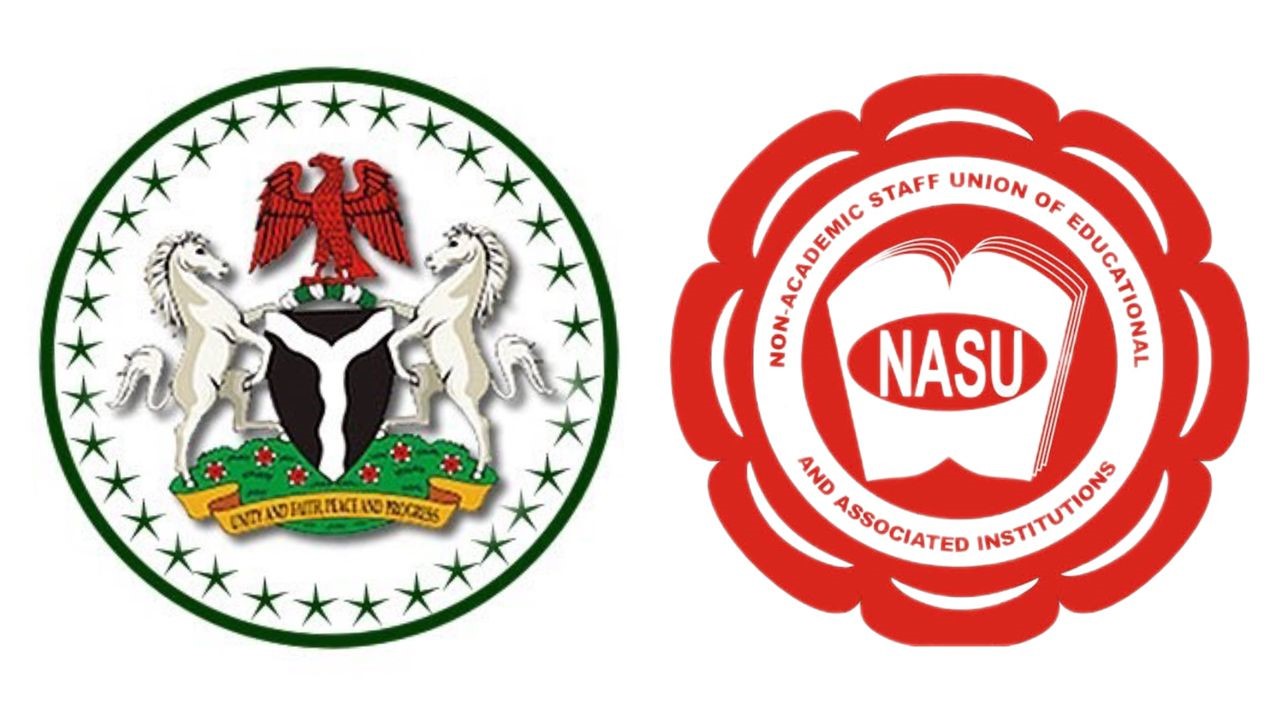
The Non-Academic Staff Union of Educational and Associated Institutions (NASU) has called on the Federal Government to urgently introduce a living wage policy to cushion the impact of inflation and the rising cost of living on Nigerian workers.
The union made the appeal on Wednesday in Abuja during its two-day National Executive Council (NEC) meeting. NASU President, Mr. Makolo Hassan, said economic hardship had reached a breaking point due to inflation, naira devaluation, and unstable energy prices.
Speaking at the event, Mr. Hassan noted that the current minimum wage no longer reflects the realities of Nigeria’s economy, stressing the need for a living wage that adjusts with inflation and cost-of-living indices.
“The government must go beyond minimum wage. A living wage must be tied to inflation and cost-of-living indices so that workers can meet their basic needs and live decently,” he said.
He lamented that many families were struggling to survive as salaries continued to lose value, adding that industrial peace could not be sustained when collective agreements were left unimplemented.
Mr. Hassan urged the government to revisit pending collective bargaining agreements across tertiary institutions and ensure improved welfare for education workers.
The NASU President also warned against the emergence of splinter groups within the labour movement, stressing that the union would defend its jurisdiction as defined under the Trade Unions Act.
“The law is clear on union representation. No unregistered group has the right to collect dues or represent workers already under NASU’s jurisdiction,” he said.
He further called for increased funding of the education sector, noting that poor investment in infrastructure and staff welfare undermines national development.
He urged the government to strengthen social protection, healthcare, and housing schemes, stating that “a protected and well-motivated worker is the true engine of national development.”
Mr. Hassan also condemned the growing trend of worker casualisation, describing it as “a modern form of exploitation that denies employees job security, benefits, and rights.”
In his remarks, the Director-General of the National Biotechnology Development Agency (NABDA), Prof. Abdullahi Mustapha, commended NASU for its commitment to workers’ welfare and industrial harmony.
“NASU has remained a voice of conscience within Nigeria’s labour movement—a union that stands for equity, accountability, and service,” Prof. Mustapha said.
Also speaking, the Executive Secretary of the Organisation of Trade Unions of West Africa (OTUWA), Mr. John Odah, urged unions to embrace Artificial Intelligence (AI) as a tool for productivity and national progress rather than viewing it solely as a threat to jobs.
“AI should not be seen only as a threat to employment but as a means to enhance productivity and drive national development,” he said.









